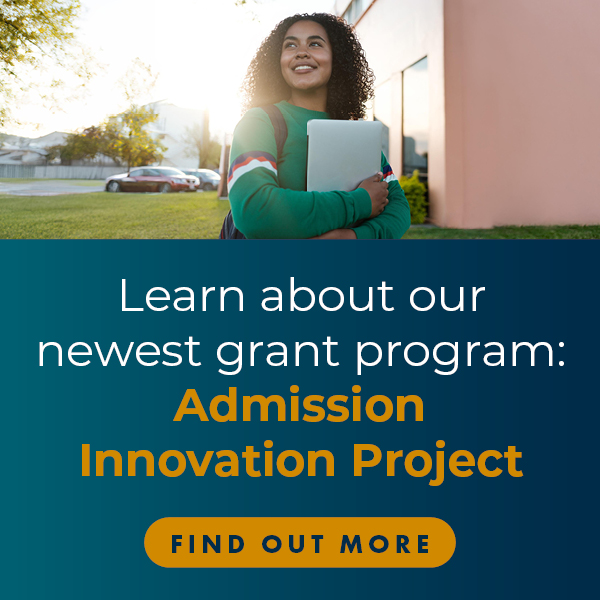Since launching our grantmaking activities in 2014, we have awarded over $26.4 million in support of our research priorities: access, affordability, and the value of legal education.
Awarded Grants
Grant Program
Grant Status
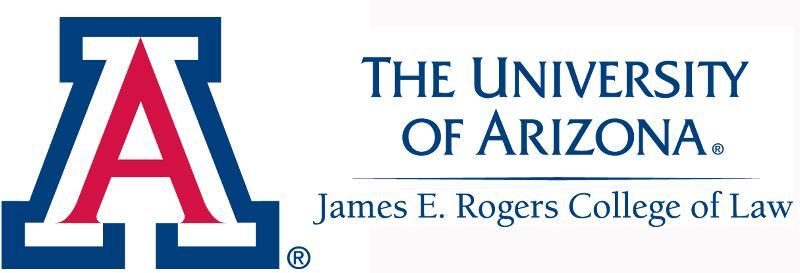
The Law College Association of the University of Arizona - James E. Rogers College of Law
JD-Next is an expanded program for the 2020 cohort and will serve two objectives: 1) to prepare diverse students for success in law school and 2) to provide a valid and reliable test for predicting law school performance. By linking these two goals together, JD-Next aims to achieve strong predictors of success without racial, ethnic, and socioeconomic biases that affect standardized tests.
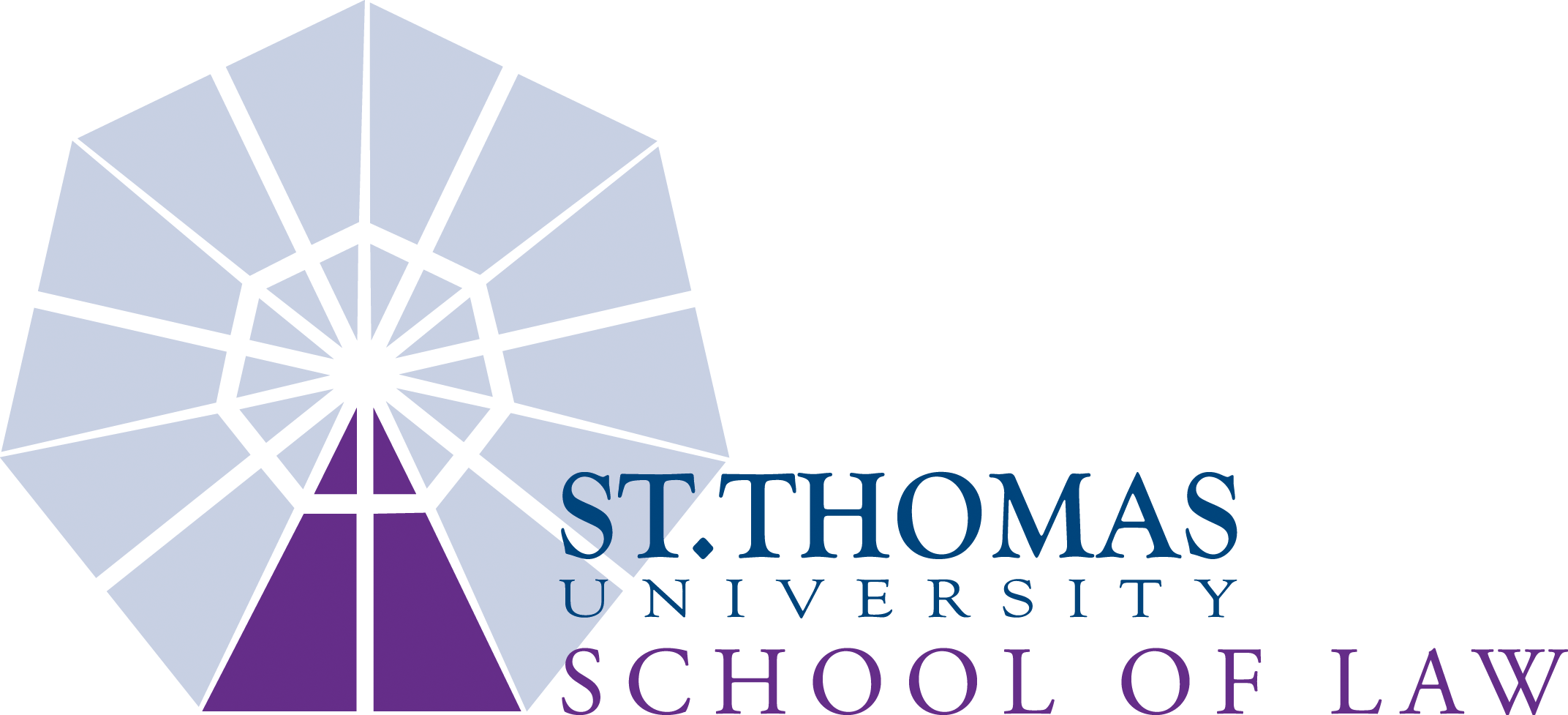
University of St. Thomas School of Law
The project is an updated version of the Survey of Law Student Well-Being that was conducted in 2014 [for a summary of the findings, read Suffering in Silence: The Survey of Law Student Well Being and the Reluctance of Law Students to Seek Help for Substance Use and Mental Health Concerns, 66 J. Leg. Educ. 116 (2016)]. The updated version of the survey would seek to learn how law student well-being has changed since 2014. The overall goal will be to determine whether there have been changes in the prevalence of substance use and mental health issues among law students and the extent to which increased attention to law student (and lawyer) well-being in the last few years has affected the willingness of law students to get help.

Dillard University
The LEAD Program has identified key components to student success based upon the experiences of the 2018 and 2019 LEAD cohorts. By 2022, LEAD will have data on almost 100 predominately African American students to analyze and share with the pipeline community and the legal academy. By engaging in robust data collection, analysis, and assessment, LEAD can help to develop scalable, data driven best practices for pipeline programs around the United States.

American Bar Foundation
This grant builds on the existing Emerging Scholars Fellowship Program in Legal and Higher Education program originally funded by AccessLex Institute in 2016. The expanded initiative will be comprised of three parts: A Doctoral Fellowship Program (supporting two, two-year fellows), an innovative Postdoctoral Fellowship Program (supporting two, two-year fellows), and annual Alumni Workshops.
View grant outcomes.
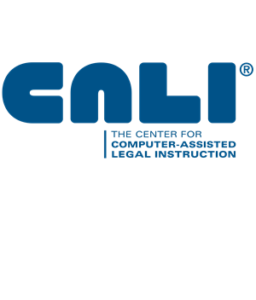
Center for Computer-Assisted Legal Instruction (CALI)
The Law School and Bar Exam Study Skills Fellowship consists of five law school professionals (Fellows) who write 3-5 self-paced instructional tutorials each (15-25 tutorials) covering the area of the Bar Exam Study Skills. The goal of the fellowship is to author lessons that help develop students’ critical-thinking skills.
Read more about the Law School and Bar Exam Study Skills Fellowship.
View grant outcomes.

New York Law School
This grant supports New York Law School's efforts to dramatically enhance bar performance in its longstanding Evening Division, which offers a J.D. degree in four years (eight semesters). The Evening Division provides access to legal education for generations of underrepresented or economically disadvantaged groups working professionals, a significant number of whom have been members of historically underrepresented or economically disadvantaged groups.
View grant outcomes.
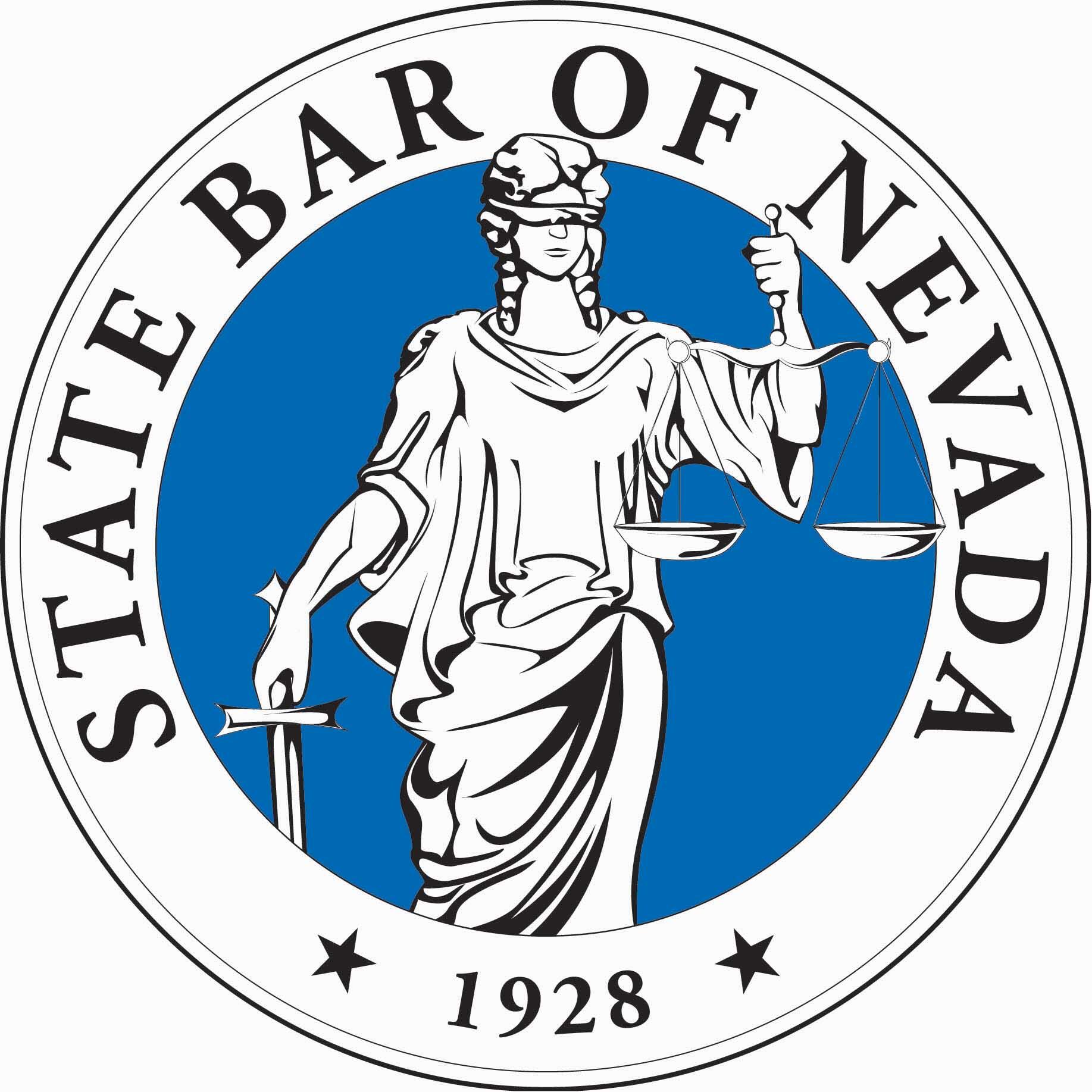
UC Hastings College of the Law
This project would test the validity of the Nevada bar exam and, by extension, state bar exams generally. The objective is to determine whether and to what extent state bar exams are predictive of practice capacities.
To read more, please visit A better bar exam? Law profs weigh in on whether test accurately measures skills required for law practice.
View grant outcomes.
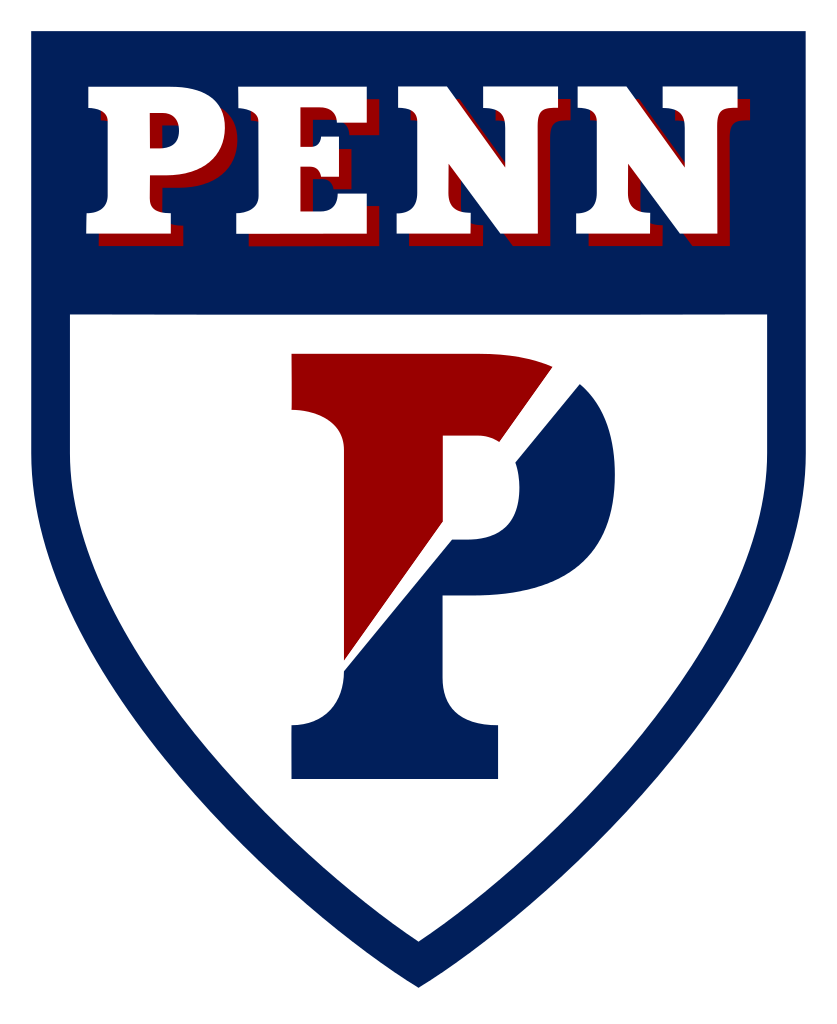
University of Pennsylvania
The Alliance for Higher Education and Democracy at the University of Pennsylvania Graduate School of Education received a grant to analyze the law school admissions market. A set of regression models were estimated for predicting the prices charged by law schools reporting data to the American Bar Association. Similarly, institutional characteristics such as LSAT scores, bar passage rates and employment outcomes were mapped.
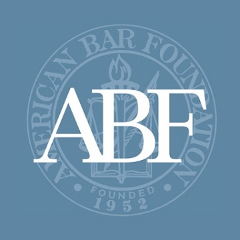
American Bar Foundation
The American Bar Foundation received a grant award to follow up on the work of the American Bar Association Task Force on the Financing of Legal Education. The data that was collected as part of the Task Force’s work, in combination with other data and materials, will be fully analyzed in order to address challenges facing legal education.



